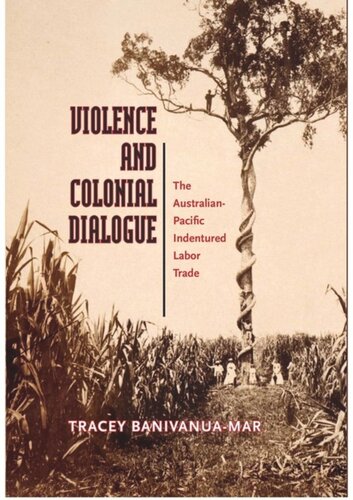

Most ebook files are in PDF format, so you can easily read them using various software such as Foxit Reader or directly on the Google Chrome browser.
Some ebook files are released by publishers in other formats such as .awz, .mobi, .epub, .fb2, etc. You may need to install specific software to read these formats on mobile/PC, such as Calibre.
Please read the tutorial at this link: https://ebookbell.com/faq
We offer FREE conversion to the popular formats you request; however, this may take some time. Therefore, right after payment, please email us, and we will try to provide the service as quickly as possible.
For some exceptional file formats or broken links (if any), please refrain from opening any disputes. Instead, email us first, and we will try to assist within a maximum of 6 hours.
EbookBell Team

0.0
0 reviewsDuring the post-abolition period a trade in cheap and often cost-neutral labor flourished in the western Pacific. For more than forty years, it supplied tens of thousands of indentured laborers to the sugar industry of northeastern Australia. Violence and Colonial Dialogue tells the story of its impact on the people who were traded.
From the beaches and shallows of the Pacific’s frontiers to the plantations and settlements of Queensland and beyond, a collective tale of the pioneers of today’s Australian South Sea Island community is told through an abundant and effective use of materials that characterize the colonial record, including police registers, court records, prison censuses, administrative reports, legislative debates, and oral histories. With a thematic focus on the physical violence that was central to the experience of people who were voluntarily or involuntarily recruited, the history that emerges is a powerful tale that is at once both tragic and triumphant.
Violence and Colonial Dialogue also tells a more universal story of colonization. Set mostly in the British settler-colony of Queensland during the last forty years of the nineteenth century, it explores the brutality embedded in the structures of a colonial state, while attempting to recover the stories that such processes obscured.